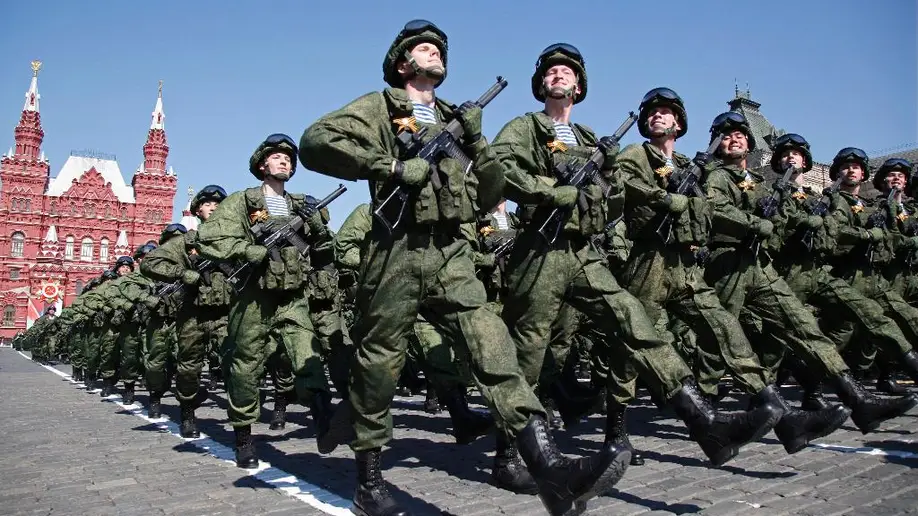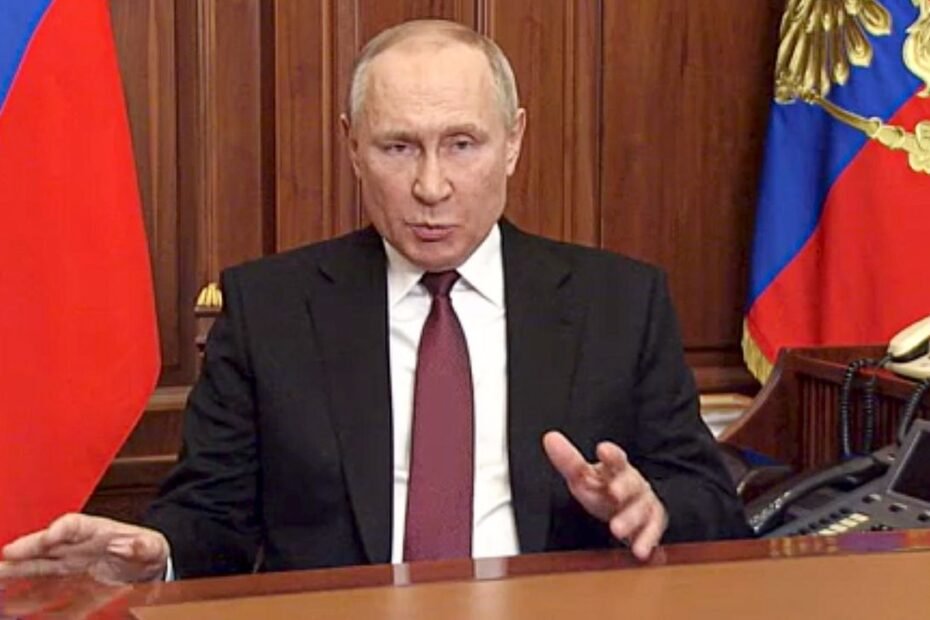a startling development that has become the latest breaking news, the international community is closely monitoring Russian President Vladimir Putin’s aggressive military actions in Ukraine. Today’s news brings attention to a series of significant events, including the largest air invasion since the Cold War and the impact of strategic moves on the ground. The situation has prompted heightened concerns globally, sparking debates on diplomatic resolutions and the potential consequences of the conflict.
As the news unfolds, it is crucial to delve into the details of the events that have transpired in Ukraine. The latest breaking news reports a substantial Russian military presence in key Ukrainian cities, including Kharkiv, where schools, shopping malls, and even a maternity hospital have been hit. The scale of the attacks has raised alarm bells internationally, with world leaders expressing deep concern over the humanitarian crisis unfolding in Ukraine.
Amidst the chaos, Ukrainian President Zelenskyy addressed the nation, emphasizing the destructive impact of the attacks and highlighting the need for international support. The air raids, marked by a formidable sound, indicate a significant escalation in the conflict, raising questions about the types of weaponry being deployed against Ukraine.

The complexity of the situation is underscored by reports of Russia’s attempts to neutralize Ukraine’s air defense system. While Russia’s sophisticated anti-aircraft systems pose a challenge to Ukraine’s defense capabilities, the international community is closely monitoring the situation to understand the full extent of the conflict and its potential geopolitical ramifications.
One key aspect that adds to the complexity of the situation is the violation of airspace, with a Russian missile reportedly entering Polish airspace. This incident is part of a series of violations of NATO airspace by Russia, further intensifying the tension between Russia and NATO member countries.
As we analyze the strategic moves by Russia, it becomes evident that the conflict in Ukraine is not only a military endeavor but also a political and diplomatic chess game. The international community is grappling with how to respond to Russia’s actions and ensure the protection of Ukraine’s sovereignty.
The implications of Russia’s military campaign extend beyond the borders of Ukraine. The conflict unfolds against the backdrop of strained relations between Russia and the United States, with ongoing diplomatic challenges and stalled negotiations. The internal dynamics of the U.S. government play a role in shaping the response to the conflict, highlighting the intricate web of global politics.
In an exclusive interview, General Joseph Votel, a former U.S. military official, provides strategic analysis on the situation. He emphasizes the need for a nuanced approach, considering both the military and diplomatic dimensions of the conflict. General Votel highlights the importance of understanding Russia’s objectives and formulating a response that prevents further escalation while safeguarding the interests of the international community.
President Zelenskyy’s acknowledgment of Ukraine’s offensive capabilities and the need for a change in strategy raises important questions about the path forward. General Votel suggests that for Ukraine to manifest success in the outcomes of this war, they must demonstrate military advantage against Russia. The frozen conflict, with neither side gaining a decisive advantage, necessitates a strategic shift for Ukraine to alter the status quo.
One notable aspect is the testing of Ukrainian air defense capabilities by Russia. This move, while posing a direct threat to Ukraine, also serves as a test of NATO’s response and the alliance’s ability to protect its member countries. The international community must remain vigilant and respond effectively to any violations of airspace, ensuring a unified front against Russian aggression.
As the conflict evolves, it is essential to consider the broader implications for international security and stability. The deliberate testing of NATO airspace by Russia raises questions about the alliance’s preparedness and its ability to deter further aggression. The need for a cohesive response from NATO member countries becomes evident as they navigate the complexities of the conflict.
President Zelenskyy’s admission of Ukraine’s need for a change in strategy emphasizes the urgency of finding a diplomatic resolution to the crisis. General Votel’s insights into Russia’s motives and the potential for negotiations shed light on the intricate nature of international relations. The conflict in Ukraine serves as a litmus test for the international community’s commitment to upholding democratic values and preventing further destabilization in the region.
In conclusion, the latest breaking news surrounding Putin’s military actions in Ukraine has captured global attention and sparked concerns about the implications for international security. The conflict, marked by air invasions and strategic maneuvers, underscores the need for a comprehensive and diplomatic response. As the world watches the developments unfold, the strategic analysis provided by experts like General Joseph Votel becomes crucial in understanding the complexities of the situation and charting a path towards a peaceful resolution.
